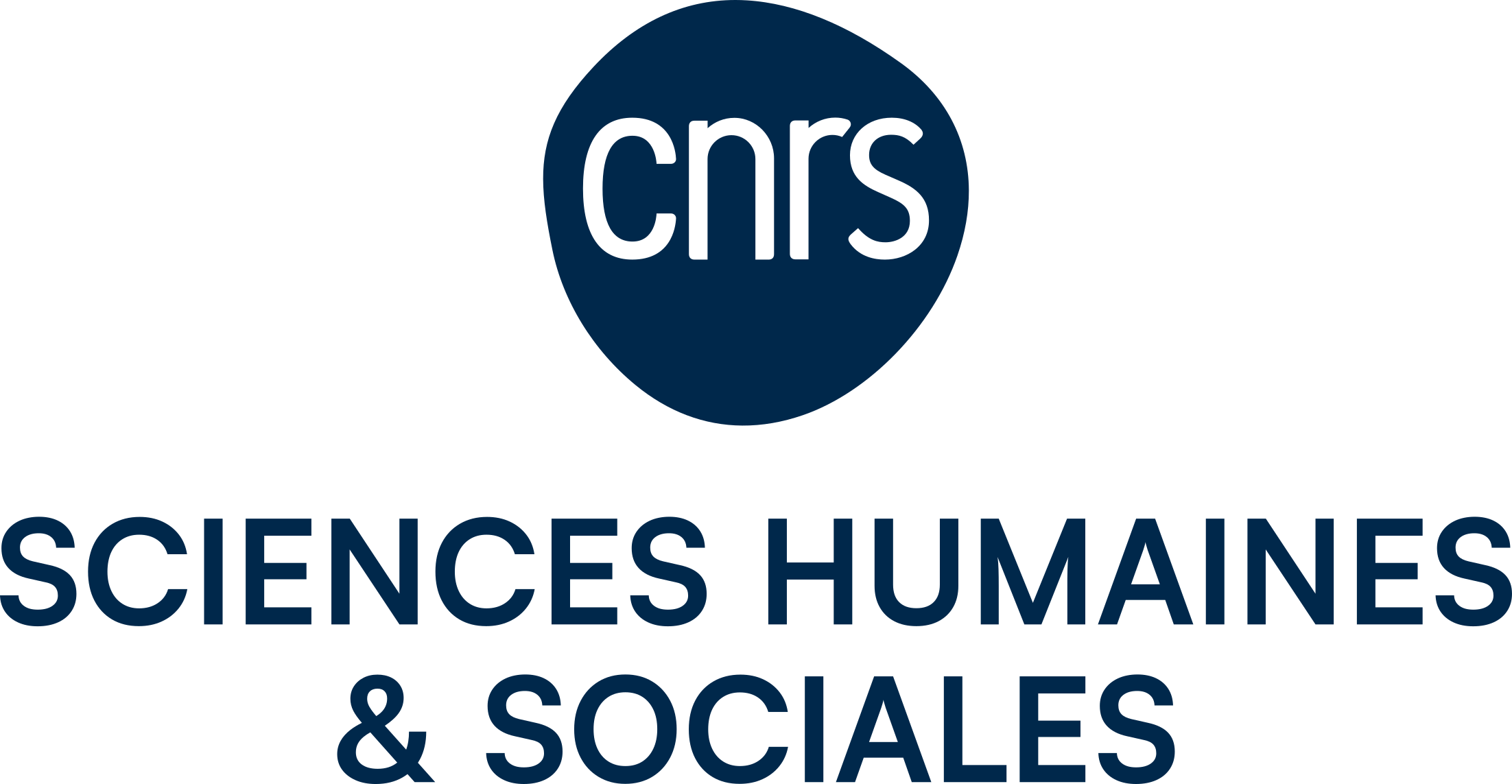20/10/2022 - 12h15 - CPAFO
jeudi 20 octobre 2022, par
CPAFO Episode 2 : Le multivers pour plus de transparence
« Je rêve d’un univers paralèlle sans Kaamelott »
| Date : | Jeudi 20 Octobre 2022 |
|---|---|
| Heure : | 12h15-13h15 |
| Lieu : | TBD |
Pour cette deuxième rencontre CPAFO, plongeon dans le multivers. Présentation des analyses multivers qui permettent à travers la génération de X jeux de données basés sur des choix raisonnables de traitement des données brutes d’aboutir à X résultats statistiques (Steegen et al., 2016). Cette méthode permet d’évaluer la robustesse des résultats observés en fonction des choix effectués dans la construction des données.
À jeudi pour cette nouvelle rencontre !
Auteurs (année) : Steegen et al. (2016)
Titre : Increasing Transparency Through a Multiverse Analysis
Journal : Perspectives on Psychological Science
Résumé :
Empirical research inevitably includes constructing a data set by processing raw data into a form ready for statistical analysis. Data processing often involves choices among several reasonable options for excluding, transforming, and coding data. We suggest that instead of performing only one analysis, researchers could perform a multiverse analysis, which involves performing all analyses across the whole set of alternatively processed data sets corresponding to a large set of reasonable scenarios. Using an example focusing on the effect of fertility on religiosity and political attitudes, we show that analyzing a single data set can be misleading and propose a multiverse analysis as an alternative practice. A multiverse analysis offers an idea of how much the conclusions change because of arbitrary choices in data construction and gives pointers as to which choices are most consequential in the fragility of the result.

depuis votre smartphone


